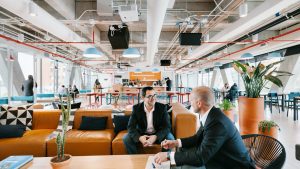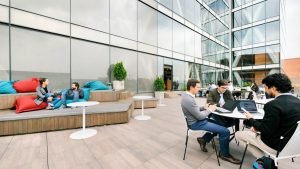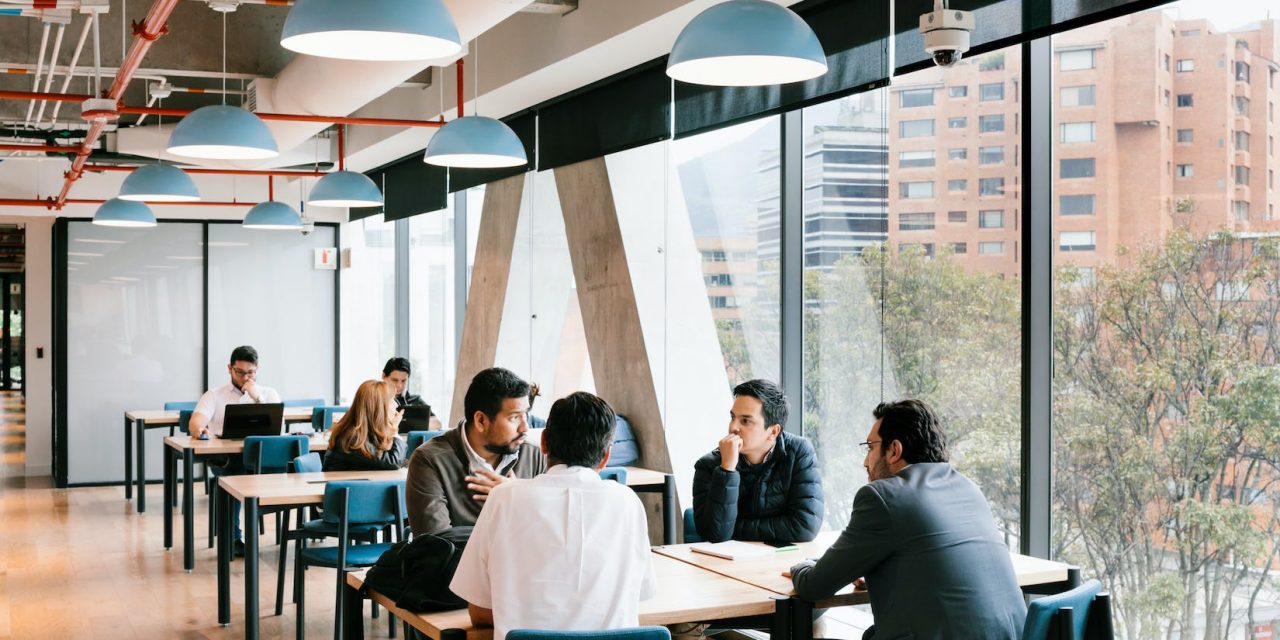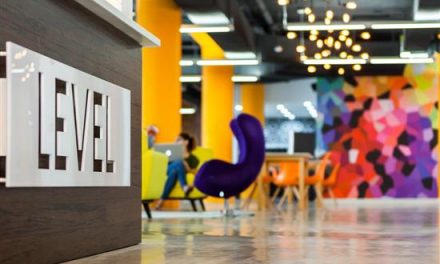If there’s one thing that the COVID-19 pandemic confirmed, nothing is permanent in business.
When push comes to shove, business owners will do whatever it takes to keep things afloat before throwing in the towel. That means uprooting traditional business models in place of more flexible and agile ones.
One approach that has been growing in demand as a response to the pandemic’s new ways of working is the use of coworking spaces. Let’s take a look at how coworking spaces give companies an edge in today’s dynamic and ever-changing business landscape.
Greater Networking Opportunities
Coworking spaces are more than places where people come to work and then go home.
They cater to a community consisting of freelancers, employees, and even employers from different organizations. It’s a melting pot of professionals who are bound to interact with each other.
For instance, professionals across various companies can collaborate on current projects or new ventures in which their respective expertise is necessary.
Working in the same coworking space makes partnerships even more convenient. Freelancers shopping for additional work can forge relationships with employers looking for people with their skills.

Coworking spaces also bring teams closer together wherever they may be. They offer modern technology for efficient project management, especially for teams that lack an office space.
Increased Business Flexibility
Coworking spaces enable companies to use their finances wisely without compromising team productivity. Back in the day, companies had to rent an office space and pay for supplies to set up a place for employees to work in. This worked for a long time until the pandemic happened.
At the start of 2020, people were forced to work remotely from their homes. As the pandemic worsened, offices became more of a liability since nobody could use the facilities while companies still had to pay for their lease.
Nonetheless, 63% of high-growth organizations implementing a hybrid workspace produced the same or comparable output without going to the office.
Now that things are going back to normal, some companies have opened up their office doors to employees once again. But there’s no surprise that some businesses continued with the hybrid approach or moved their workforce to coworking spaces instead — which will only continue as flexibility reigns supreme.
An Environment that Promotes Productivity
People respond differently to the work environment type they’re in. Some prefer working in a traditional office space with cubicles separating their work areas. There’s nothing wrong with this, as long as they can consistently produce the same productivity and work.
But others can’t work in such arrangements. The restrictive and wound-up environment of a corporate office squeezes every ounce of joy and passion they may have for their jobs — and this is where coworking spaces come in.
Most spaces have an agile design that eschews the 1:1 employee-to-desk ratio. They have an open and free-roaming area with tables and chairs and without any cubicles or walls that block the view. Some are even more innovative and rely on a coworking management system, allowing guests to book a time slot for when they plan to arrive or save their seat.
This unbound environment provided by coworking spaces adds to the sense of freedom some employees need to improve their focus and productivity.
However, employees must adhere to the different zones available in a coworking space. There are zones for individual workspaces for those who wish to work alone and in peace. Other zones are allotted for group discussions and open-air benching, to name a few.
Coworking spaces also often have work pods, allowing two people or more to sit across each other in a quaint space to discuss strategy in private.
The ability to set up their workstations anywhere and any way they want in the appropriate zones allows them to get comfortable and lock into the work they’re doing. And employers can still manage employee productivity by setting the right processes.
Expand the Boundaries of Creativity
Spacious environment fuels creativity. Unlike the drab and monotone colors of an office workspace, coworking spaces feature an array of vibrant and dynamic colors to liven up the environment.
If you don’t allow yourself to be boxed inside your comfort zones, you won’t be able to fulfill your potential of what you can and become, similar to how coworking spaces are designed.

The variety of places in a coworking space adds to the immense possibilities people can achieve with their work. In some cases, coworking spaces even have outdoor patios where people can choose to work if they want to think outside the box.
Acquire New Skills or Improve Old Ones
Forward-thinking companies typically offer online courses for employees. They share files with educational content, motivating them to take courses and further develop their skill sets. Employees can then use the newly acquired skills in their line of work for the company’s benefit.
While employees will be hard-pressed to pass up free courses online, it would depend on how interested they are in the course’s topic. The biggest issue with these courses is that they’re limited to programs related to work.
For example, businesses offer their marketing team a marketing-related course or workshop to help improve their understanding of the best marketing strategies and tactics for their campaigns.
To be fair, this is not a bad idea because these courses help sharpen the employee’s skills and provide them with better opportunities from within your organization soon. Unfortunately, they severely limit your employees from taking a course they genuinely wish to take.
In this case, most coworking spaces hold workshops and seminars that people can register for. The workshops are hosted by people from different organizations as a way to network and build deeper connections with their target audience.
This means people can join courses to help them grow as professionals and people with varied interests and passions. Even if you are an employer, you can attend these workshops to find potential candidates for job openings and add them to your recruiting CRM software.
The events can be as formal as entrepreneurial talks and leadership workshops. But events like morning yoga, wine and work sessions, and monthly game nights help take the edge off employees so they can kick back and relax after a day’s work.
Again, the unlimited choices of workshops to sign up for in coworking spaces enables people to cultivate work and life skills to give them a greater sense of purpose in their lives.









